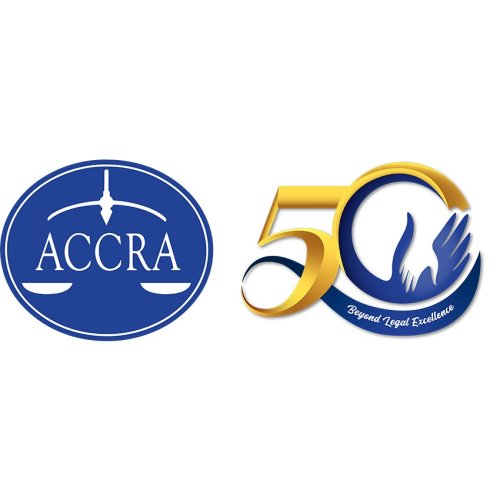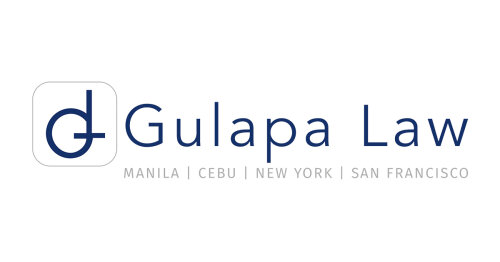Best Asylum Lawyers in Cebu City
Share your needs with us, get contacted by law firms.
Free. Takes 2 min.
List of the best lawyers in Cebu City, Philippines
About Asylum Law in Cebu City, Philippines
Asylum is a legal protection granted by a country to individuals fleeing persecution in their home country. In Cebu City, Philippines, asylum is governed by the Immigration Act and its implementing rules and regulations. The government provides this avenue to give refuge to those seeking protection and ensure their safety within the country.
Why You May Need a Lawyer
Seeking legal advice from a lawyer is crucial when dealing with asylum-related matters. Here are some common situations where a lawyer can be of great help:
- If you are unsure about your eligibility for asylum
- If you are facing challenges in preparing your asylum application
- If your application has been denied and you need to file an appeal
- If you have been detained while seeking asylum
- If you have concerns about your rights and protection as an asylum seeker
Local Laws Overview
When seeking asylum in Cebu City, you should be aware of the following key aspects of local laws:
- The Philippines adheres to international obligations in granting asylum rights.
- Asylum seekers should file their applications within one year of arrival in the country.
- The government evaluates asylum claims based on the principles of non-refoulement, which means not returning an individual to a country where they would face persecution.
- Asylum seekers are entitled to legal representation and should be given a fair opportunity to present their case.
- Asylum seekers are granted certain rights, including the right to work, access to education, and healthcare services.
Frequently Asked Questions
Q: Who is eligible for asylum in Cebu City, Philippines?
A: In general, individuals who have a well-founded fear of persecution in their home country due to their race, religion, nationality, political opinion, or membership in a particular social group can apply for asylum in Cebu City, Philippines.
Q: How do I apply for asylum in Cebu City?
A: To apply for asylum, you need to submit an application to the Bureau of Immigration (BI) within one year of your arrival. It is advisable to seek legal assistance to ensure you complete the necessary forms and provide supporting evidence.
Q: What happens after I submit my asylum application?
A: After submitting your application, the BI will evaluate your claim and conduct an interview to assess the credibility of your reasons for seeking asylum. A decision will be made based on the merit of your case.
Q: Can I work while my asylum application is pending?
A: Yes, the law allows asylum seekers to apply for a permit to work while their application is being processed. It is important to follow the proper procedures to obtain the necessary permit.
Q: What should I do if my asylum application is denied?
A: If your asylum application is denied, you have the right to file an appeal within a certain timeframe. Seeking legal counsel is highly recommended to navigate the appeals process effectively.
Additional Resources
For further information and assistance related to asylum in Cebu City, Philippines, you may find the following resources helpful:
- Commission on Human Rights - Cebu City: www.chr.gov.ph
- United Nations High Commissioner for Refugees - Philippines: www.unhcr.org/ph
- Local non-profit organizations specializing in human rights and refugee issues
Next Steps
If you require legal assistance in asylum matters, it is recommended to:
- Research and shortlist reputable lawyers experienced in asylum law.
- Contact the selected lawyers to schedule consultations.
- Prepare any relevant documents or evidence to discuss during the consultation.
- Attend the consultation to discuss your case and evaluate the lawyer's expertise and fit for your needs.
- Retain the services of a lawyer who can provide expert guidance and representation throughout the asylum process.
Lawzana helps you find the best lawyers and law firms in Cebu City through a curated and pre-screened list of qualified legal professionals. Our platform offers rankings and detailed profiles of attorneys and law firms, allowing you to compare based on practice areas, including Asylum, experience, and client feedback.
Each profile includes a description of the firm's areas of practice, client reviews, team members and partners, year of establishment, spoken languages, office locations, contact information, social media presence, and any published articles or resources. Most firms on our platform speak English and are experienced in both local and international legal matters.
Get a quote from top-rated law firms in Cebu City, Philippines — quickly, securely, and without unnecessary hassle.
Disclaimer:
The information provided on this page is for general informational purposes only and does not constitute legal advice. While we strive to ensure the accuracy and relevance of the content, legal information may change over time, and interpretations of the law can vary. You should always consult with a qualified legal professional for advice specific to your situation.
We disclaim all liability for actions taken or not taken based on the content of this page. If you believe any information is incorrect or outdated, please contact us, and we will review and update it where appropriate.















